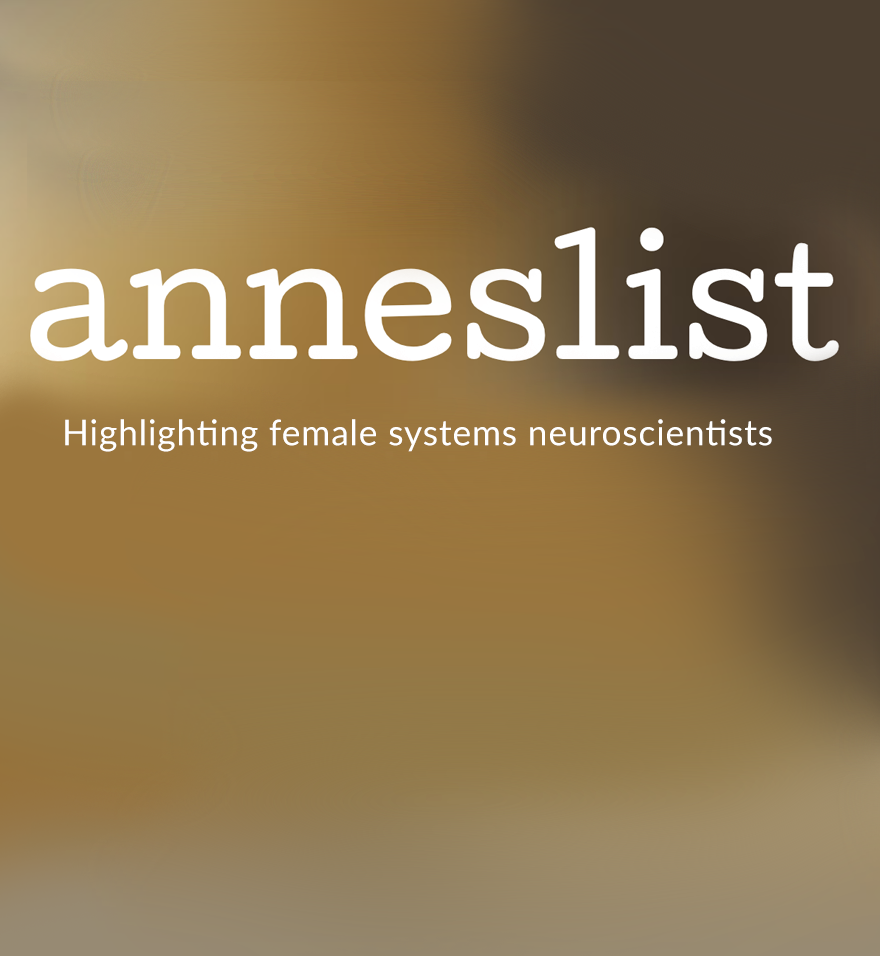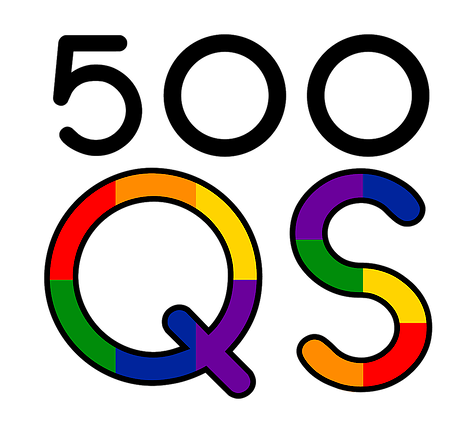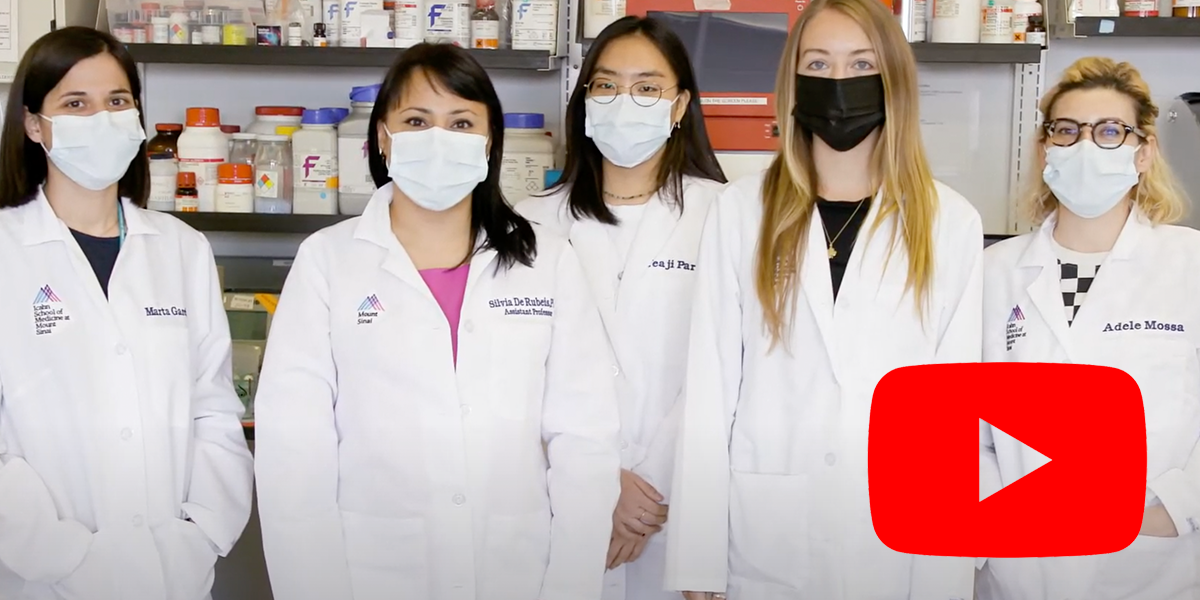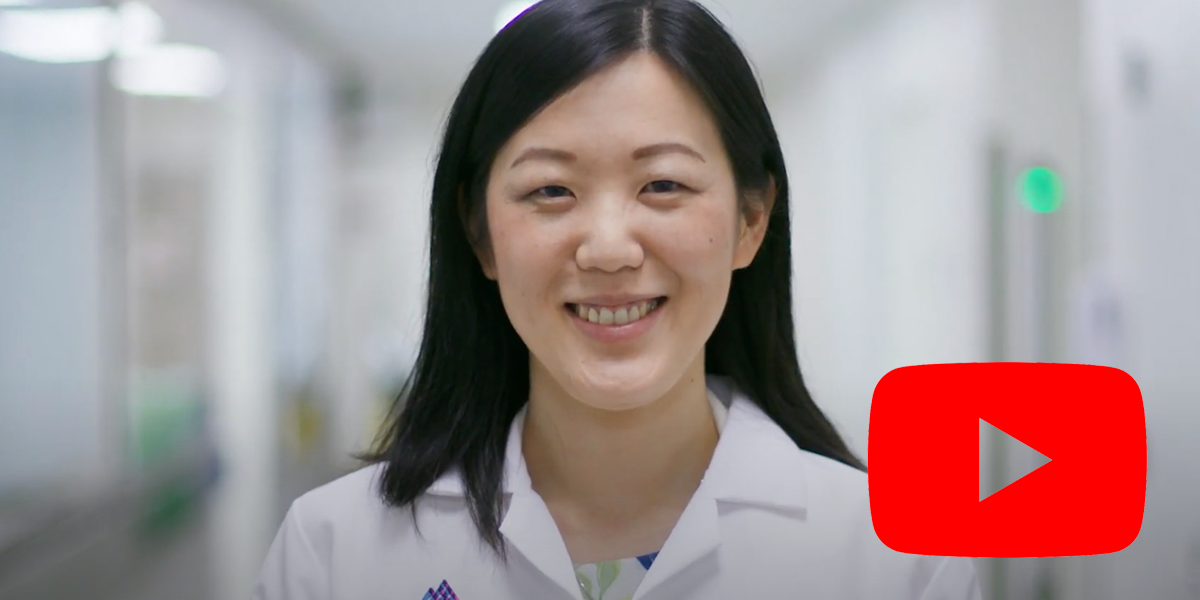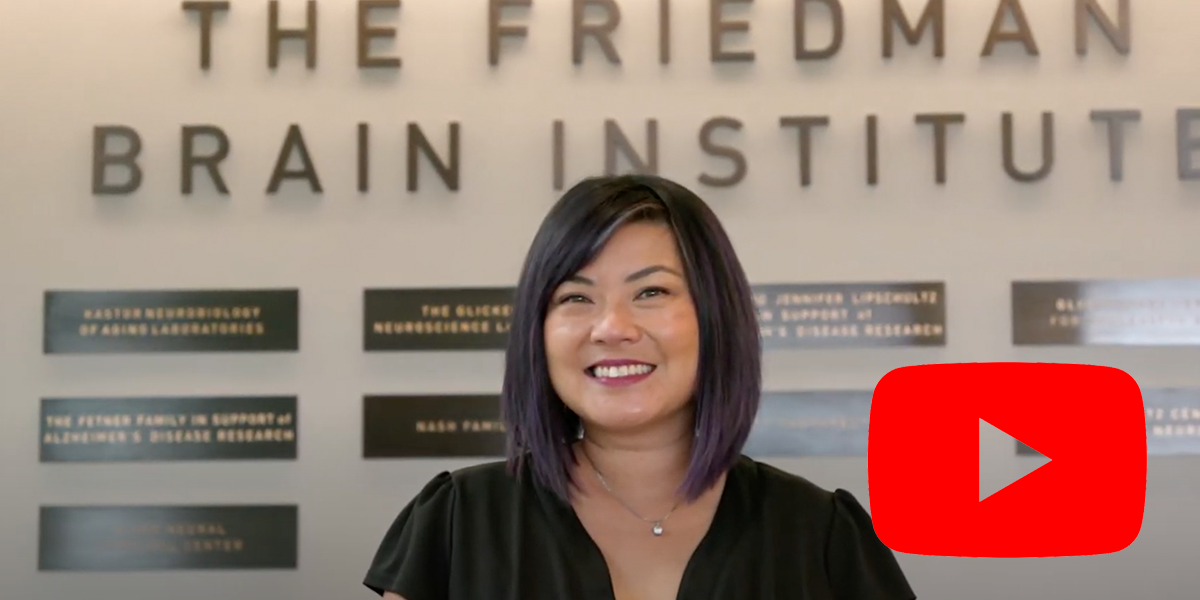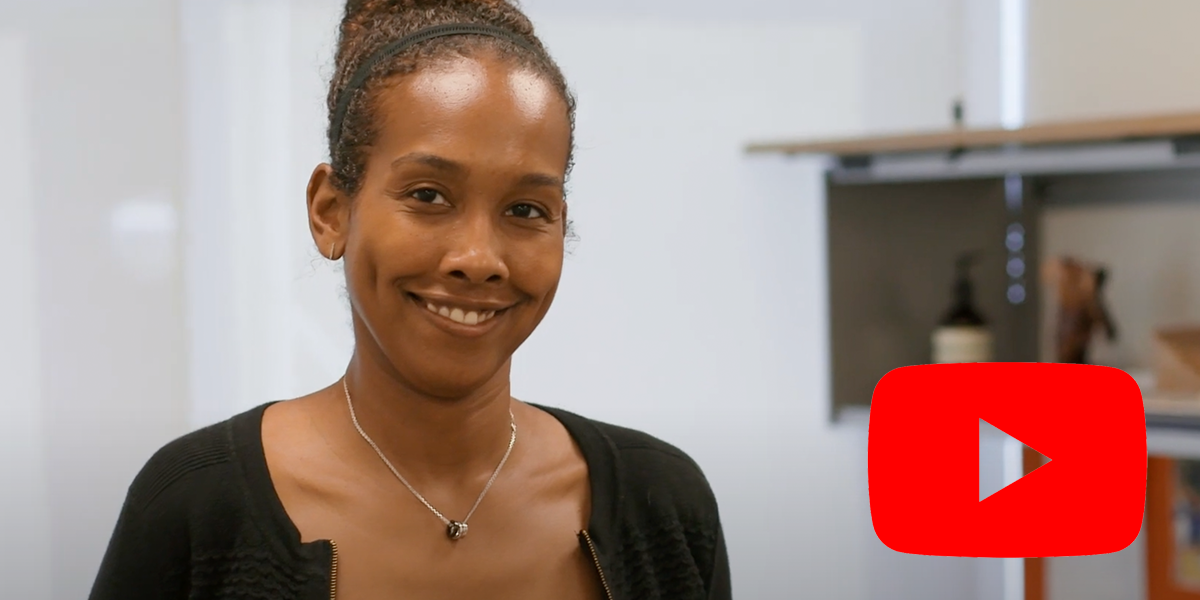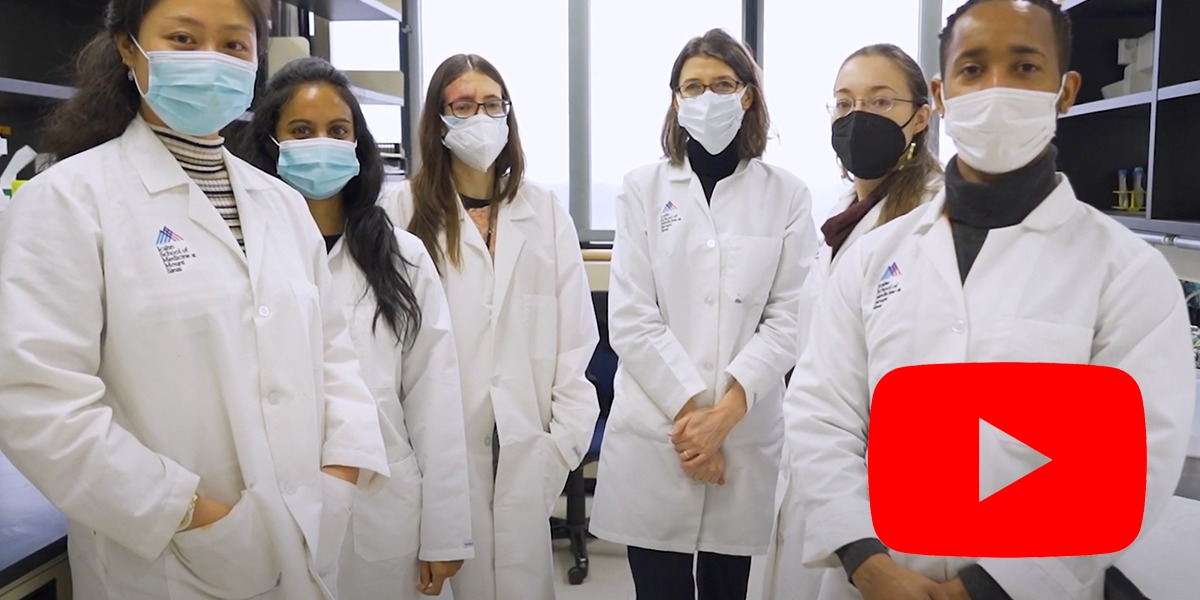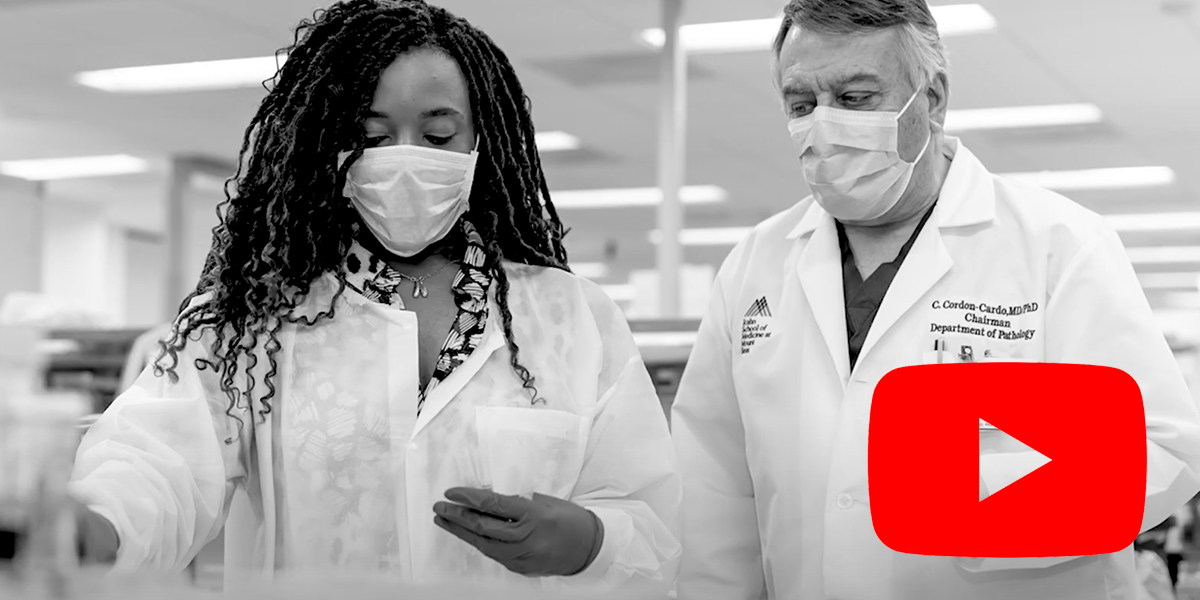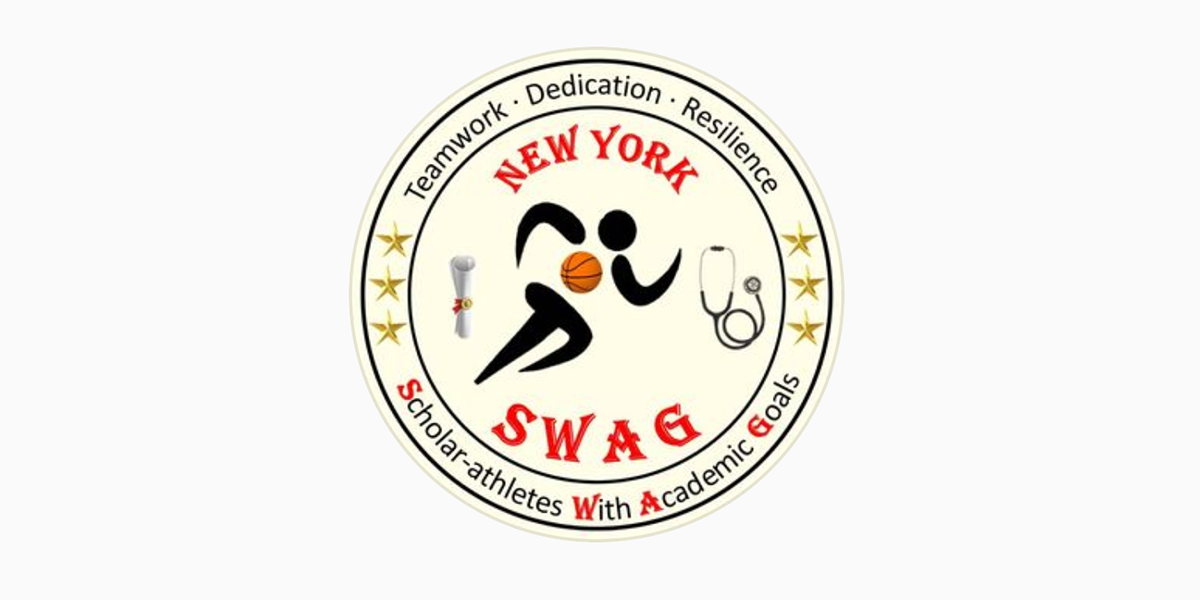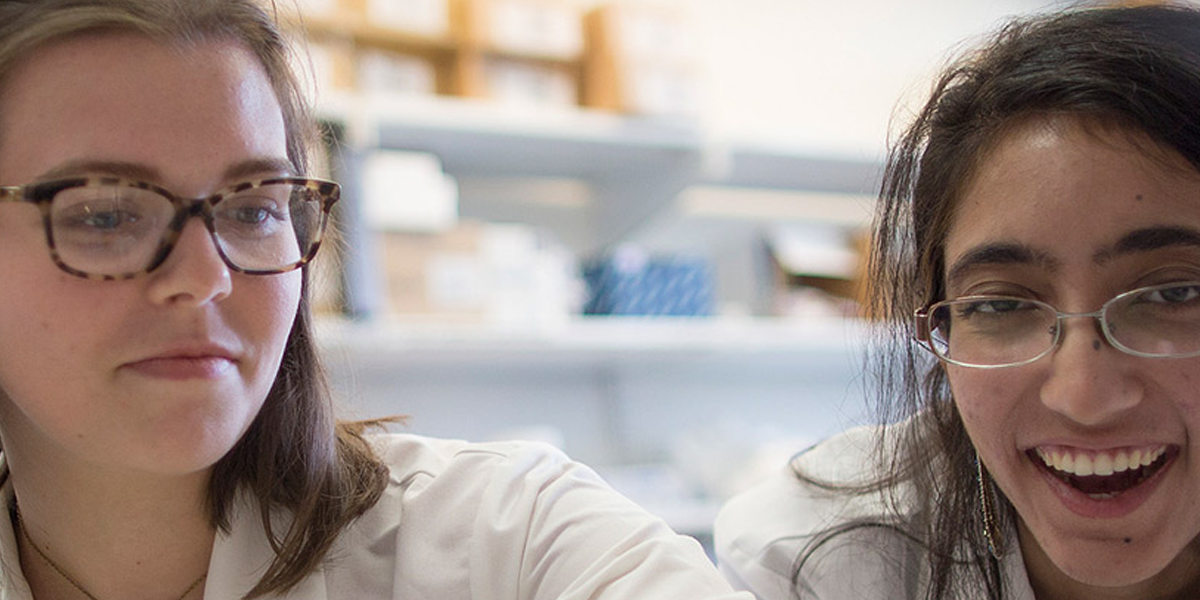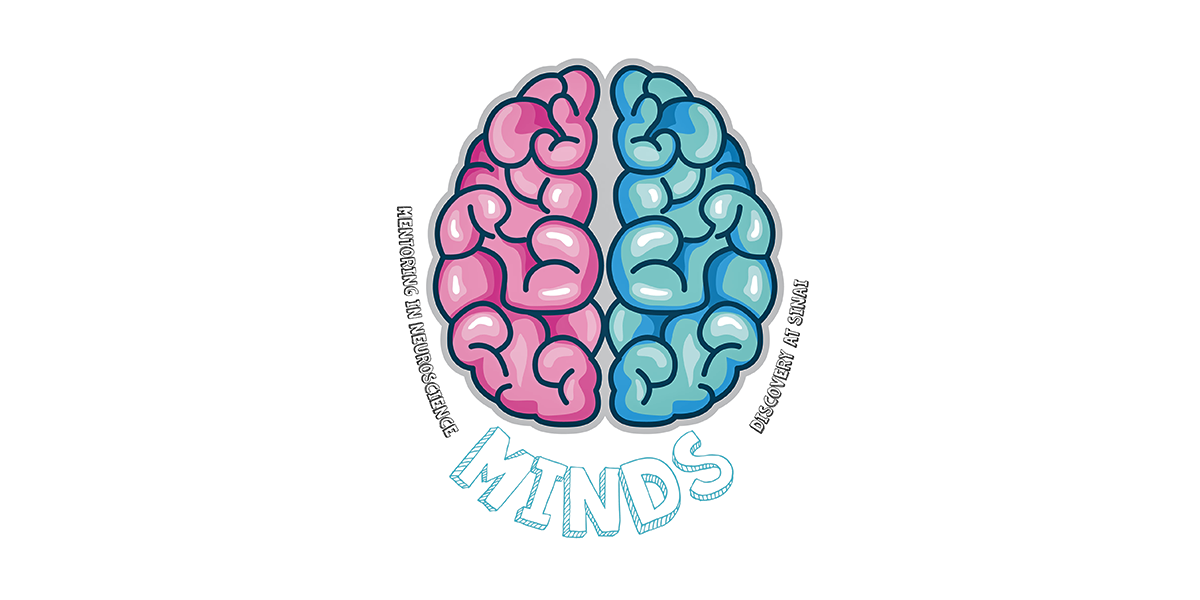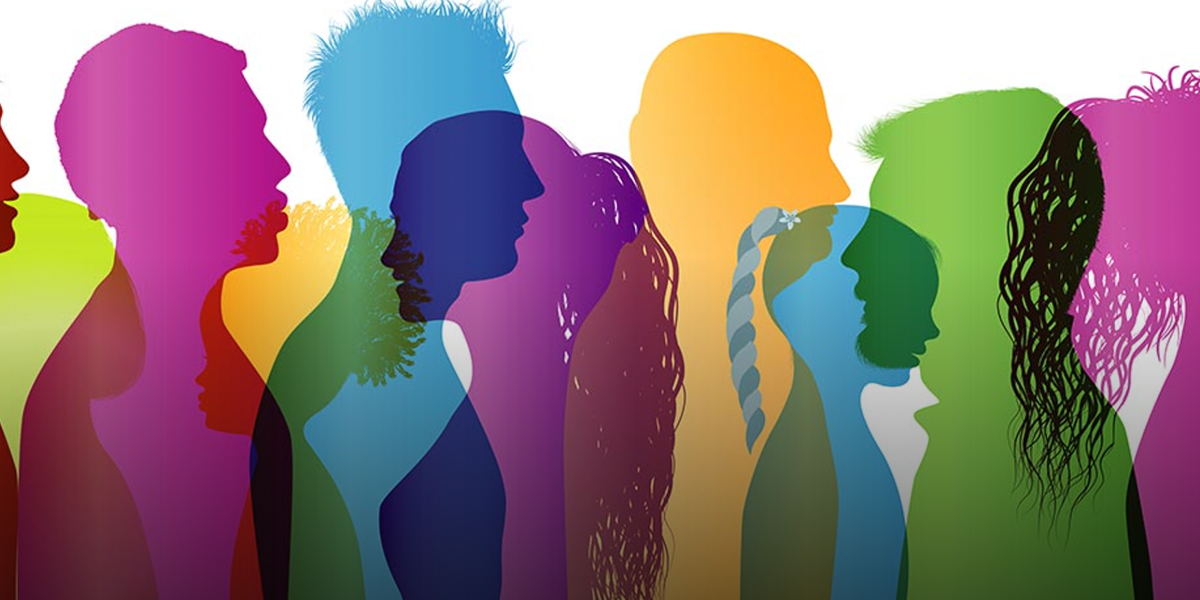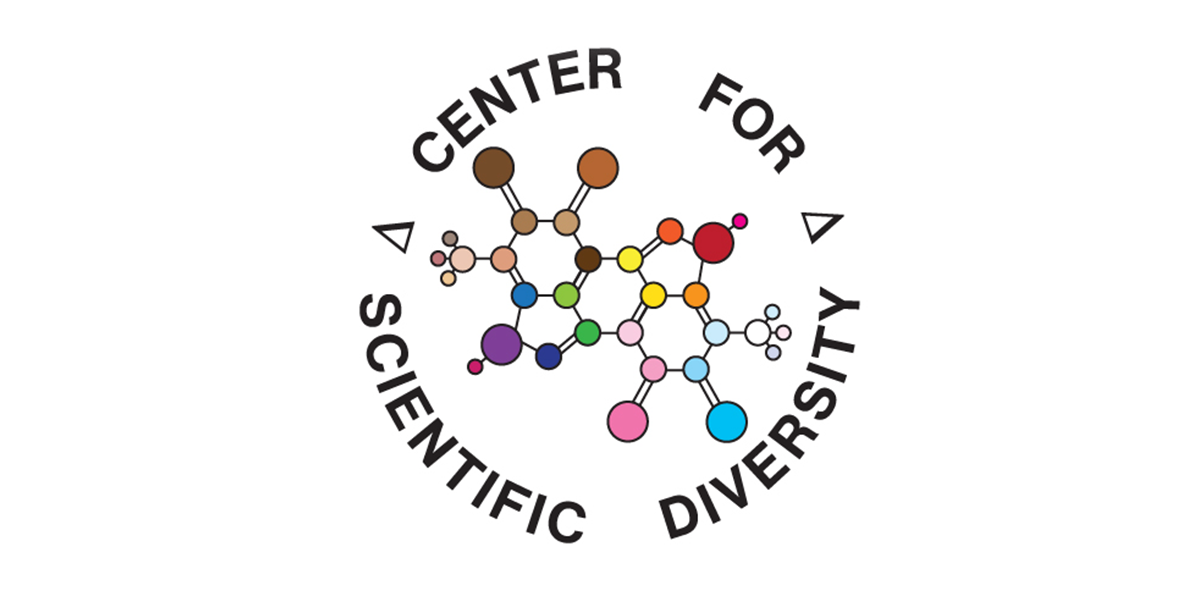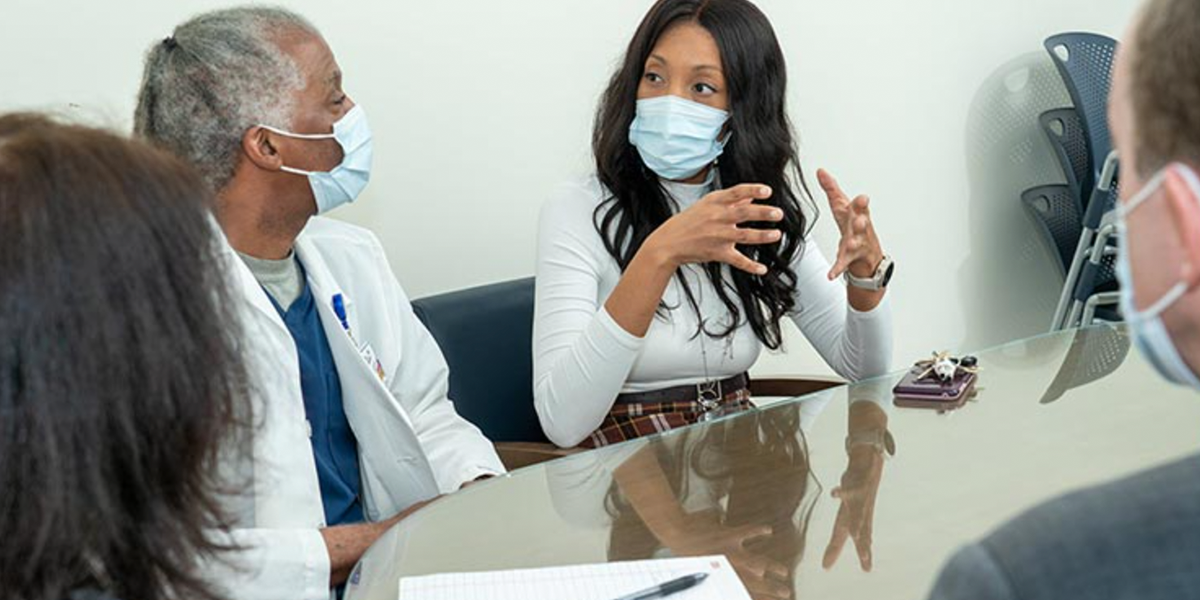Resources
500 Queer Scientists in STEM
A new visibility campaign for LGBTQ+ people and their allies working in STEM and STEM-supporting jobs — a group that collectively represents a powerful force of scientific progress and discovery.
Hispanic Scholarship Fund | HSP
HSF empowers students and parents with the knowledge and resources to successfully complete a higher education, while providing support services and scholarships to as many exceptional students, HSF Scholars, and Alumni as possible.
The Trevor Project
Founded in 1998 by the creators of the Academy Award®-winning short film TREVOR, The Trevor Project is the leading national organization providing crisis intervention and suicide prevention services to lesbian, gay, bisexual, transgender, queer & questioning (LGBTQ) young people under 25.
Black-owned Restaurants in New York City
Listing of many cultural diverse restaurants located around the City of New York.
NIH Hispanic and Latino Investigators and Senior Scientists Project
Honoring the work and achievements of NIH’s diverse workforce and to help motivate and inspire students and postgraduates to pursue careers in science.
National Hispanic Science Network
Since its inception in 2001, the National Hispanic Science Network (NHSN), in partnership with the National Institute on Drug Abuse (NIDA), has worked tirelessly to make significant advances in the field of drug abuse research.
BiasWatchNeuro
BWN is a website that tracks the women:men ratio of invited speakers at neuroscience conferences, workshops, and courses. We also recently began tracking women:men composition among authors being published in neuroscience journals and awardees of neuroscience awards.
Ben Barres, MD, PhD
LINK: https://en.wikipedia.org/wiki/Ben_Barres
The Autobiography of a Transgender Scientist By Ben Barres
LINK: https://mitpress.mit.edu/books/autobiography-transgender-scientist
SFN Diversity Initiatives
Promoting Diversity, Fostering Excellence.Scientists from diverse backgrounds contribute important research to the field, but face unique challenges. We engage with the global community to empower these voices, strengthening the field.
https://www.sfn.org/initiatives/diversity-initiatives
ALBA Network
Founded by a group of leading scientists, the ALBA Network aims to promote equity and diversity in the brain sciences.
LINK: https://www.alba.network/
Intersections Science Fellows
Showcasing the outstanding research contributions of postdocs in the biological sciences, including those from backgrounds historically underrepresented in academia, and to support the scientific and professional development of the next generation of academic faculty.
LINK: https://www.intersectionssciencefellows.com/
ISTAART Diversity and Disparities PIA
Focusing on identifying potential differences in risk reduction strategies, diagnosis, and treatment effectiveness in individuals of diverse backgrounds.
LINK: https://action.alz.org/PersonifyEbusiness/Default.aspx?TabID=1561
Repository for Women In Neuroscience
To help gender equality in neuroscience, we want to make women visible through a repository, a supportive network and communications about women in sciences.
LINK: https://www.winrepo.org/
World Women in Neuroscience
An international organization dedicated to promoting the career development of women neuroscientists across the globe.
LINK: https://worldwomenneuro.org/
Women In Neuroscience, Nigeria
Empowering women to pursue career in neuroscience.
LINK: https://www.winng.org.ng/
The National Association for Equal Opportunity in Higher Education | NAFEO
http://www.nafeonation.org Read more
Rosalind Franklin Society
Rosalind Franklin Society Read more
Funding Opportunities
Publications
To manifest our sincerest aspirations to “enhance health, lengthen life, and reduce illness and disability,” the US biomedical research enterprise must directly confront the reality of structural racism in scientific funding and the widespread denial of its existence. I believe that moment in American history has, at long last, arrived.Read more
The Intergenerational Impact of Structural Racism and Cumulative Trauma on Depression
Sidney H. Hankerson, M.D., M.B.A., Nathalie Moise, M.D., M.S., Diane Wilson, M.S., Bernadine Y. Waller, Ph.D., L.M.H.C., Kimberly T. Arnold, Ph.D., M.P.H., Cristiane Duarte, Ph.D., M.P.H., Claudia Lugo-Candelas, Ph.D., Myrna M. Weissman, Ph.D., Milton Wainberg, M.D., Rachel Yehuda, Ph.D., Ruth Shim, M.D., M.P.H.Read more
Brittany E Bryant, Ayana Jordan , Uraina S Clark;
Race as a Social Construct in Psychiatry Research and Practice: Read more
Uraina S. Clark & Yasmin L. Hurd;
Addressing racism and disparities in the biomedical sciences: Read more
National Academies of Sciences, Engineering, and Medicine Report on Sexual Harassment
Making the Case for Fundamental Institutional Change. Read more
Looking inward at gender issues.
Jeremy Berg • Editor-in-Chief, Science Journals. jberg@aaas.org • 27 JANUARY 2017 • Science 355 (6323): 329 Read more
Gender imbalance in science journals is still pervasive.
The latest update on Nature’s sexism shows an increase in female contributors and referees since 2012, but there is a long way to go. Nature 541, 435–436 (26 January 2017) Read more
Journals invite too few women to referee.
Jory Lerback and Brooks Hanson present an analysis that reveals evidence of gender bias in peer review for scholarly publications. Nature 541, 455–457 (26 January 2017) Read more
Gender stereotypes about intellectual ability emerge early and influence children’s interests.
Lin Bian, Sarah-Jane Leslie, Andrei Cimpian. Gender stereotypes about intellectual ability emerge early and influence children’s interests. Science 27 Jan 2017: Vol. 355, Issue 6323, pp. 389-391 DOI: 10.1126/science.aah6524 Read more
Interprofessional Education and Collaborative Practice—If Not Now, When?
Sklar, David P. MD Interprofessional Education and Collaborative Practice—If Not Now, When?. AAMC June 2016 – Volume 91 – Issue 6 – p 747–749 doi: 10.1097/ACM.0000000000001179 Read more
For female scientists, mixed funding results at U.S. agencies.
Mervis J. DATA CHECK: For female scientists, mixed funding results at U.S. agencies. Science 08 Jan 2016: Vol. 351, Issue 6269, pp. 115 DOI: 10.1126/science.351.6269.115 Read more
“Achieving Gender Equity at the American Society for Microbiology General Meeting”
“Achieving Gender Equity at the American Society for Microbiology General Meeting” (A. Casadevall, mBio, July/August 2015, 6(4):1) demonstrates how to achieve gender equity as they did recently at the ASM meeting. Read more
Women at the Podium: ACNP Strives to Reach Speaker Gender Equality at the Annual Meeting.
Bita Moghaddam, Raquel E Gur. Women at the Podium: ACNP Strives to Reach Speaker Gender Equality at the Annual Meeting. Neuropsychopharmacology advance online publication, 11 November 2015; doi:10.1038/npp.2015.320. Read more
Science and gender: Scientists must work harder on equality.
Urry M. Science and gender: Scientists must work harder on equality. Nature 528, 471–473(24 December 2015), doi:10.1038/528471a Read more
Masur Sandra K, Invisible woman?
Masur Sandra K, Invisible woman? Trends Cell Biol 25:437-439 (2015). [PDF] Read more
Smith KA et al.
Smith KA et al., Seven Actionable Strategies for Advancing Women in Science, Engineering, and Medicine. Cell Stem Cell 16:221-224 (2015). [PDF] Read more
Butts G et al.
Butts G et al., Role of institutional climate in fostering diversity in biomedical research workforce: a case study. Mt Sinai J Med 79:498-511 (2012). [PDF] Read more
News
What’s Holding Women in Medicine Back from Leadership
For over 25 years, women have made up at least 40% of U.S. medical students. This past year, more women than men were enrolled in U.S. medical schools. Yet overall women make up only 34% of physicians in the U.S., and gender parity is still not reflected in medical leadership. Read more
How to tackle the childcare–conference conundrum
With childcare accommodations seemingly elusive, many parents make a calculated decision to forego conference attendance and suffer the career consequences. Read more
Female scientists face gender bias in NIH grant process
Despite earning higher praise, women get lower scores on NIH grant renewals, which may contribute to an attrition of mid-career female scientists. Read more
How to combat implicit bias
The habit of implicit bias can be broken, but it takes awareness and behavioural strategies, says a new study. Read more
We Suck (But We Can Be Better)
One day in grad school, a couple of friends and I were sitting at a table in a hallway in the astronomy building, working on a problem set. The professor who had assigned the problems walked by and noticed what we were doing — which was fine, working together was encouraged. But then he commented, “Hey, I’m confused — you’re all smart guys, so how come the girls have been scoring better than you on the problem sets?” Out loud we mumbled something noncommittal, but I remember thinking, “Maybe they are … also smart?”
The Odds That a Panel Would ‘Randomly’ Be All Men Are Astronomical
All-male speaker lineups are so commonplace that there’s at least one Tumblr blog dedicated to mocking them. The endless stream of them can leave one overwhelmed and perhaps even convinced that they’re inevitable. Read more
Three Ways to Make Less Biased Decisions
Unconscious bias – judgments and behaviors toward others that we’re not aware of – is everywhere in our lives. And while this type of bias may seem less dangerous in the workplace than it may be on the streets of Ferguson, Mo., or in a courtroom, it still leads to racial injustice. Read more
Our Mount Sinai Community

